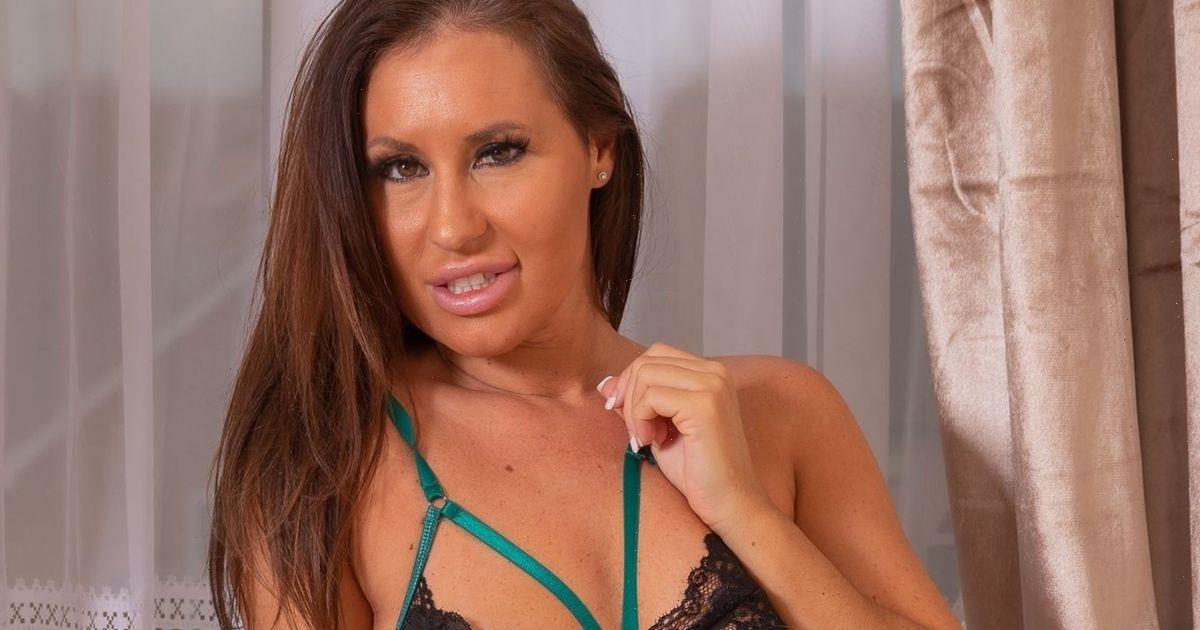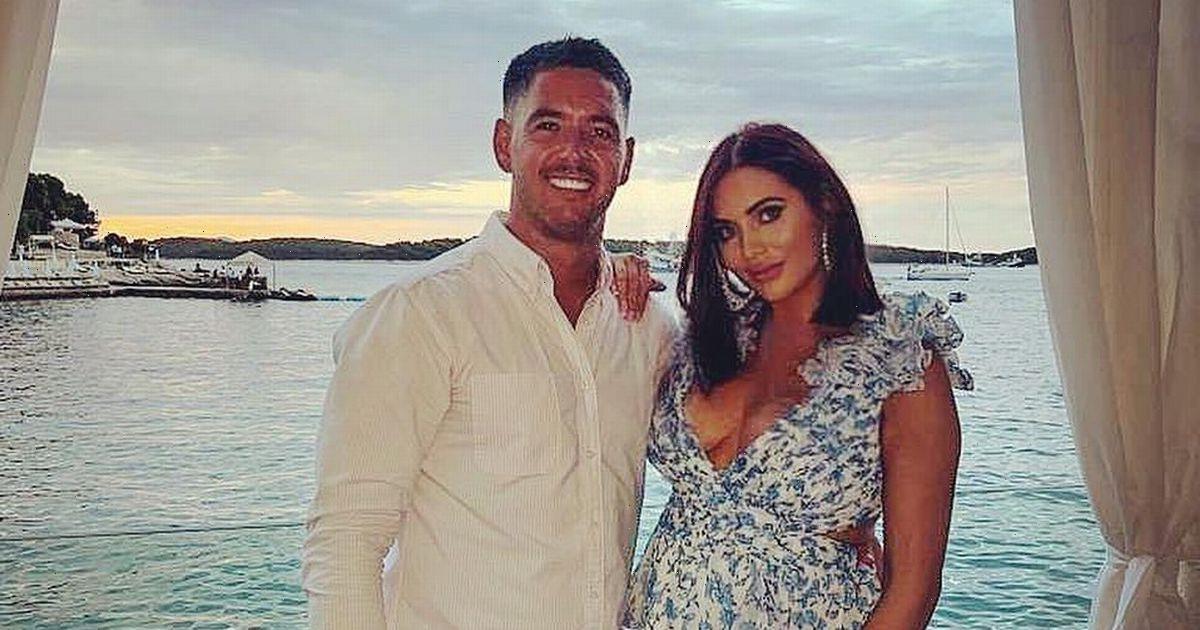Written by Ione Gamble
From ‘trauma dumping’ to asking friends if they have the ‘emotional capacity’ to chat, talking about your struggles openly has a bad rap in 2022. But oversharing can sometimes lead to our most treasured friendships, writes Ione Gamble
Have you ever woken up in a post-prosecco haze, after an evening of heart-spilling with your favourite people, only to wonder, was I too much? Did I over-dominate the conversation or spill one too many secrets?
We’ve all found ourselves firing off apology texts in a haze of hangxiety, praying for our besties to reply and soothe the embarrassment boiling in our gut. Most of the time, our fears are unwarranted; our friends still love us and they ‘overshared’ just as much as we did.
But, if our Instagram feeds are to be believed, those late-night confessions are just as devastating as our inner critic is insisting. Trauma dumping, also known as oversharing – or its newest incarnation, trauma bonding – has become a cardinal sin. Defined as “the oversharing of difficult emotions and thoughts with others”, trauma dumping is not actually a medical term, despite how laced in mental health rhetoric the phrase itself seems. Rather, trauma dumping has come to refer to when people share their darkest thoughts and feelings without explicit consent or approval from the friend, colleague or acquaintance on the receiving end.
Maybe you can’t stop talking about a recent break-up or how annoying another member of your circle is. Your job could be driving you nuts or your sex life lacking. The subject isn’t important, but rather the delivery. Talk about these things too often or without giving your friends a chance to object by checking, in writing, that they have the ‘emotional capacity’, and you’re oversharing. Come to be known as someone who trauma dumps too often, and it’s unlikely anyone will consider you a good friend at all.
We’re living in an era in which online pseudo-psychology reigns and influencers are on hand to school us through every aspect of our relationships, from heartbreak to cutting out toxic people and, as of late, the boundaries we should put in place to have healthy friendships. Their content is a mixture of psychological and medical terminology, laced with enough relatability to have us, their followers, feel as if we’re talking to a friend. If these accounts are to be believed, trauma dumping is at best inappropriate and at worst friendship ruining.
More than once, when meeting up with fairly new friends, they’ve told me their fear of forming a kinship with someone through ‘trauma bonding’. According to the aforementioned social media accounts, trauma bonding is the act of forming a relationship with someone based on your shared hardships. Over 200,000 hashtagged posts warn us that if the only common ground you share is the bad things that have happened to you both, then the friendship is not fit for purpose. Trauma bonding when you first meet someone, according to these social media accounts, may as well signal the kiss of death when it comes to friendship.
While opening up to someone can often be intense, these are the types of conversations that, in my experience, can lead to really getting to know someone beyond small talk and discussing what we’ve watched that week. Yes, these discussions can often be emotional, but our emotions and the experiences we’ve been through are not inherently problematic. Sharing and receiving these stories can communicate trust and mutual understanding in a friendship.
The rebranding of these heart-filled confessions from meaningful to selfish is the latest Instagram-trend that has us all obsessing over whether our friends are actually serving us. We’re taught to act ruthlessly in our own self-interest and to prioritise our own comfort over helping a friend. But what these soulless infographics miss is how much fun over-sharing can be. That trauma dumping is not just a cold offloading that leaves the listener feeling over capacity and underappreciated.
Some of my most treasured memories are the days and nights – the long lunches, happy hour cocktails or the cluttered tables of a carboot sale – when I learned everything there was to know about a person.
Yes, we shouldn’t treat our friends like therapists and expect them to either listen without reservation or solve all of our problems. But there’s also comfort in finding another person who gets it – who has been through the same thing you have, has made it out the other end and is able to laugh about the unfairness of it all with you. It’s simply human nature.
In actuality, our modern obsession with rationalising every facet of our relationships through psychology has resulted in the meaning of these terms becoming dangerously distorted. Trauma bonds, in a medical sense, come to define the “emotional bonds with an individual (and sometimes, with a group) that arise from a recurring, cyclical pattern of abuse perpetrated by intermittent reinforcement through rewards and punishments”. While oversharing may not always be welcome, and forming friendships based on hardship necessarily healthy, the insta-friendly definition of such labels does not – in most cases – constitute abuse.
This constant policing of what we choose to share with those closest to us is the latest in a long line of societal norms that urge women and marginalised people to regulate the stories we tell the world. Writing my own book, Poor Little Sick Girls, the fear of oversharing began to plague my every waking moment. Whether I would be judged for discussing the reality of living with chronic illness or be berated for expressing my opinions on feminism, wellness, and self-care culture. I sought comfort in women who have been unafraid to speak the truth no matter how taboo or embarrassing their experiences are. Women such as Chris Kraus, Tracey Emin, and Viv Albertine, many of whom have been labelled as ‘confessional’ or ‘unfiltered’ for telling their stories as they happened.
The reality is that our stories, and the way we tell them to each other, are always held under a microscope, whether that’s in a book or over coffee. Overshare too much and you’ll be judged. To free myself of the negativity associated with those labels allowed me to be more truthful with myself, both in my work and my friendships. More often than not, I would rather risk an overshare than remain tight-lipped and unable to speak openly out of fear of being too much.
A few years ago, when the idea of gaining consent before leaping into an emotional conversation made the rounds on Twitter, I turned up my nose.
I’m the type of person that jumps at the opportunity to enter a fully fledged overshare. Whether by text or phone call, in the middle of the night or before the working day begins. I love knowing my friends feel that they can open up to me. I love helping them figure out problems, offering advice or even just a shoulder to cry on. To add an extra barrier to those conversations felt like another step towards all of our relationships being transactional.
But now, many people I know casually ask before spilling their guts by firing off a quick text asking if I’m about for a deep chat or quickly checking in on my emotional bandwidth as if it’s second nature. It’s understandable that not all of us want to be bombarded with emotionally arresting messages in the middle of our work day. Or that certain conversations, while not explicitly about the other person’s experience, may surface uncomfortable feelings for the receiver. Usually, common sense can determine if it might not be the right place or time to confess your deepest darkest secrets, but it’s always helpful to be explicitly clear when letting the other person know what’s coming.
I’m doomed to be an oversharer, or trauma-dumper, until the day I die. But never would I want to make someone else feel awful just because I need to get something off my chest. We don’t need to live in a world in which talking to our friends about our darkest feelings is frowned upon, nor do we need to live our lives with blind entitlement that everyone is open to an emotional chat at any given moment. Both when sharing and being on the other end of a trauma dump ourselves, we need to remove the anxiety-inducing pseudo-psychology from our everyday lives. Instead, we need to start treating our friends like actual human beings and enjoy all of the good, bad, and messy complications they bring to the table.
Images: Getty
Source: Read Full Article


